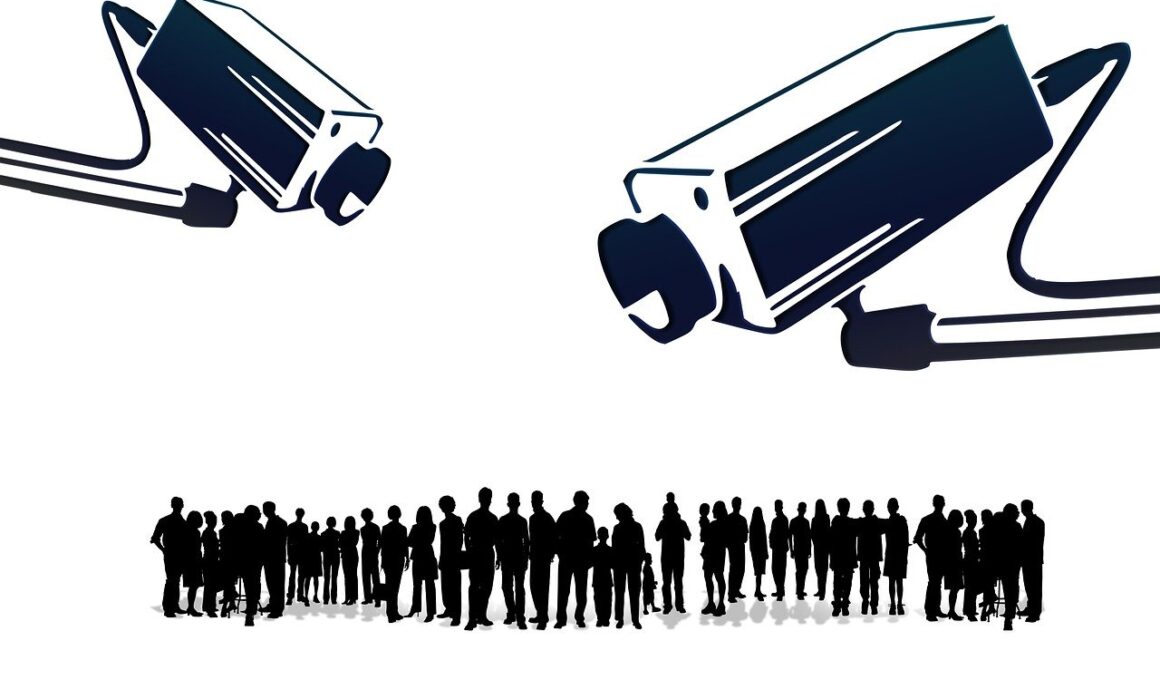Legal Rights and Duties of Guardians for Minors
In the context of guardianship for minors, legal rights and duties are crucial for ensuring the well-being of the child. Naturally, one of the principal duties of a guardian is to provide a safe and stable environment. This duty encompasses not just physical safety, but emotional and educational stability as well. Guardians are often tasked with making significant decisions concerning the child’s education, healthcare, and even religious upbringing. These decisions must always prioritize the minor’s best interests. Moreover, guardians have the legal authority to manage a minor’s financial resources until they reach adulthood. This includes managing any financial assets without misusing funds. In fulfilling these responsibilities, guardians need to maintain clear records of their actions. Therefore, the guardian’s responsibilities extend beyond day-to-day care; they must also involve ensuring the minor’s overall development. These duties create a framework within which guardians operate legally. As a result, understanding these rights and duties proves indispensable in guardianship situations, empowering guardians to act effectively and legally in their role.
Additionally, guardians for minors must also have a comprehensive understanding of their legal authority. This authority enables them to advocate for the child’s needs in educational and healthcare settings. Moreover, guardians are required to ensure that children receive appropriate healthcare, which means making informed decisions regarding medical treatments and routine check-ups. The risks involved in health-related decisions emphasize the need for guardians to remain well-informed about medical options and potential outcomes. Alongside these responsibilities, guardians are often involved in legal matters associated with the minor. This encompasses managing court appearances or addressing disputes related to the child’s welfare. It’s vital for guardians to be familiar with the legal processes involved in their duties, ensuring they can defend the child’s rights effectively. Educational advocacy is also a significant aspect of guardianship. Ensuring favorable educational placements, connecting with teachers, and advocating for specific learning needs or accommodations are key. Thus, guardians must develop strong communication skills and stay abreast of educational rights.
Financial Management and Reporting
Furthermore, financial management stands as a key responsibility of guardians for minors. This includes overseeing any funds that are meant for the child’s benefit, such as insurance payouts or inheritance. Guardians must manage these resources wisely, planning for future expenses related to the child’s upbringing and well-being. They are also required to report on financial matters regularly. This often involves preparing detailed records of expenditures and demonstrating that the funds are used solely for the minor’s benefit. This accountability is essential to ensure that the child’s financial needs are met responsibly and legally. Guardians can also seek assistance from financial advisors or legal professionals to navigate complex financial issues. Such support can significantly enhance the guardian’s ability to manage finances effectively. Moreover, establishing a budget dedicated to the child can aid guardians in planning for educational expenses, healthcare costs, and extracurricular activities. Proper planning sets the foundation for the child’s future needs, encouraging a secure financial pathway as they transition into adulthood.
Moreover, the emotional and psychological aspects of guardianship should not be overlooked. Guardians need to cultivate a supportive and nurturing environment, recognizing the emotional challenges faced by minors. Often, children may feel a sense of loss or confusion concerning their familial situation, which highlights the need for guardians to be sensitive to these emotions. Guardians must not only provide basic needs but also support the minor’s emotional growth through open communication and fostering healthy self-esteem. By establishing trust and security, they can positively influence the child’s behavior and development. It’s ideal for guardians to engage with counseling services when necessary, providing the minor with additional emotional support. Understanding child development stages can also guide guardians in addressing a child’s ever-changing needs. Regularly engaging in activities that strengthen the guardian-minor bond, such as family outings or joint projects, can contribute positively to the child’s well-being. Ultimately, a guardian plays a vital role in the emotional landscape of a minor’s life, emphasizing love and support during transitional phases.
Legal Accountability of Guardians
In addition to their rights, guardians are legally accountable for their actions. This means they must adhere to the laws governing guardianship responsibly. Failing in their duties can lead to legal consequences, including the possibility of being removed from their role or even facing civil penalties. Guardians must ensure they are acting within the law, continually placing the minor’s best interests at heart. They should also maintain transparency with family members and relevant professionals involved in the minor’s life. This transparency fortifies relationships and can prevent misunderstandings or conflicts regarding decision-making. Guardians should also familiarize themselves with local laws as these may differ significantly based on jurisdiction. Regular meetings with legal advisors might be necessary to stay updated on any changes in policies affecting minor guardianship. This proactive approach can safeguard both the guardian and the minor, creating a structured environment that respects the law while focusing on the minor’s needs. Legal accountability, therefore, remains an essential feature of a guardian’s duties, emphasizing the need for responsible and informed actions.
Furthermore, recognizing the rights of the minor is also essential. Each child possesses inherent rights, which include the right to express their opinions on matters affecting them and to be treated with respect and dignity. Guardians must ensure that the voices of minors are valued and considered in decision-making processes. This acknowledgment not only helps in building trust but also empowers the child, cultivating self-advocacy skills and autonomy. In many jurisdictions, there exist laws that obligate guardians to involve minors in decisions as appropriate based on their age and maturity. Engaging children in discussions pertinent to their lives can enhance their understanding of their situations and responsibilities. Guardians are encouraged to communicate openly, fostering an atmosphere where children feel secure and heard. Simplifying complex matters into age-appropriate dialogues can provide clarity. Subsequently, this type of collaboration enhances the relationship between guardian and minor, leading to more effective guardianship. Thus, valuing the child’s rights intertwines naturally with the duties guardians uphold, ensuring a supportive and responsive environment.
Conclusion
In conclusion, understanding the legal rights and duties of guardians for minors serves as a cornerstone for responsible guardianship. The role encompasses various responsibilities — from ensuring physical safety to financial management, psychological support, and legal accountability. Each of these aspects contributes to a holistic approach to guardianship, emphasizing the importance of prioritizing the minor’s best interests. Guardianship is not solely about managing external situations; it also involves maintaining emotional connections and trust with the minor. Regularly updating oneself on laws and best practices is crucial for effective guardianship, ensuring that all actions taken are within legal parameters while being compassionate and supportive. By establishing a secure and nurturing environment, guardians help pave the way for a child’s healthy development. Embracing the child’s rights, recognizing their voices, and facilitating their growth are equally important in fostering resilience and autonomy. As such, guardians have a profound influence on children’s lives, guiding them towards future success. Thus, prioritizing these legal duties forms the backbone of effective guardianship, ultimately benefitting the minors involved.


